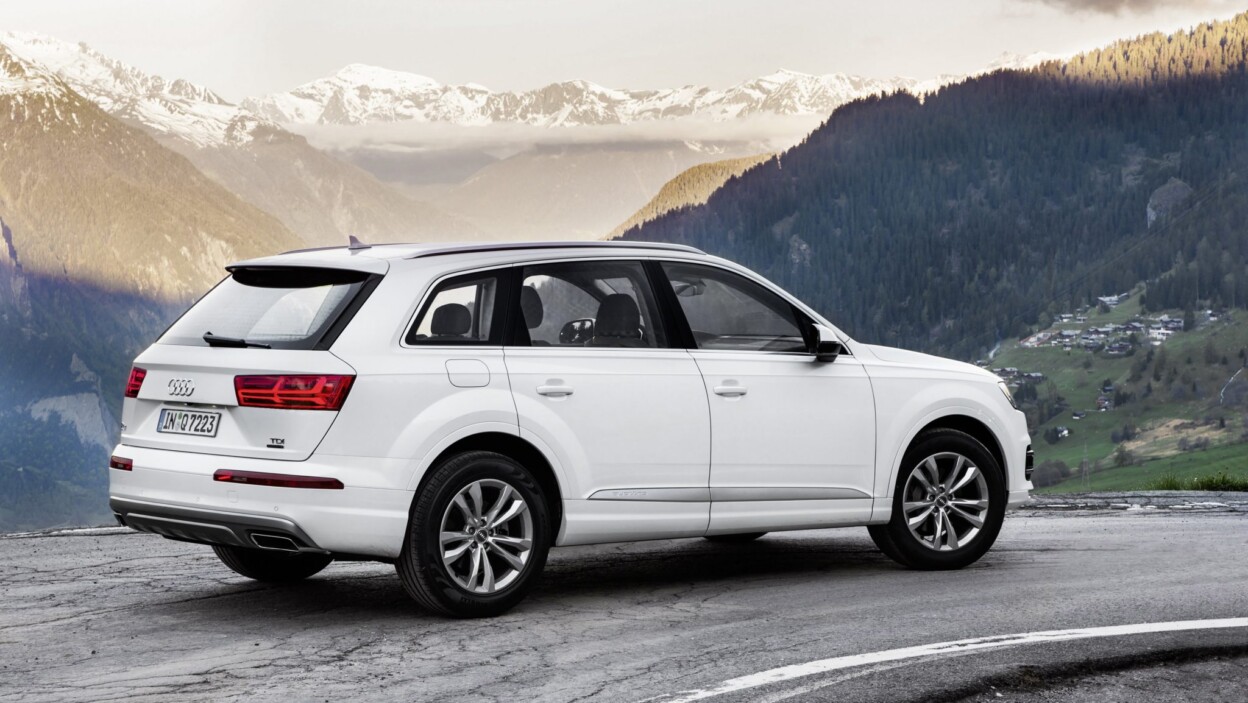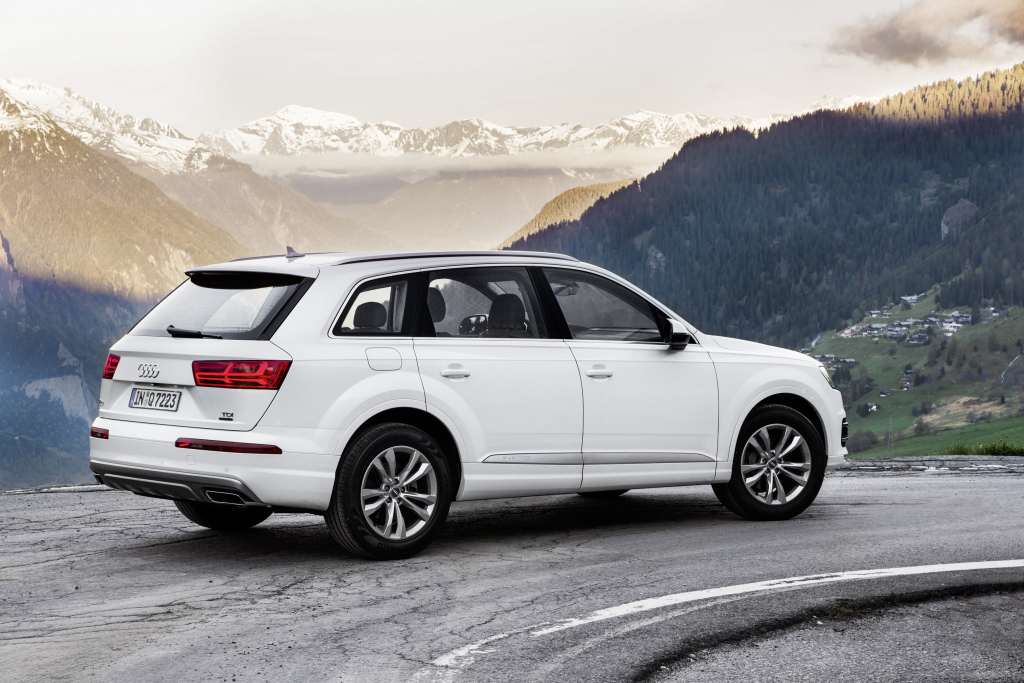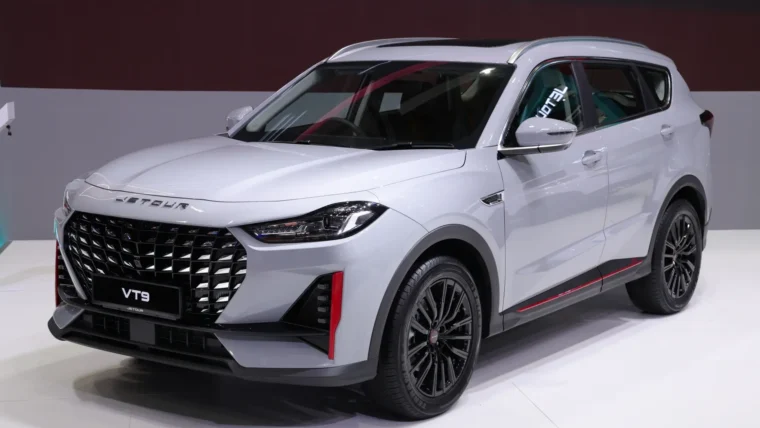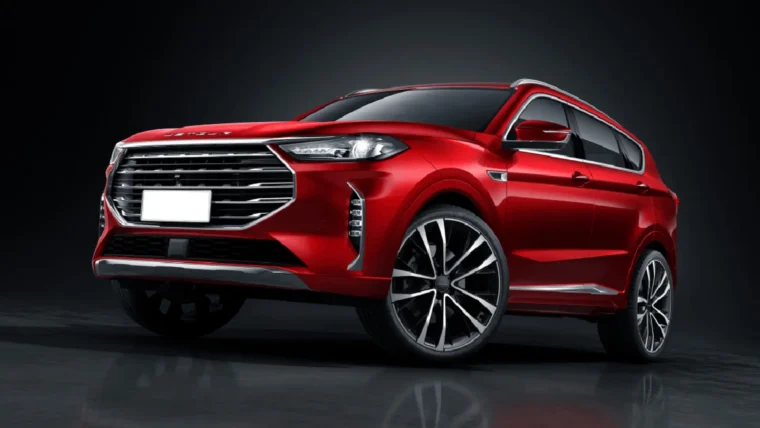In Europe hybrid cars aren’t exactly too common as diesel powered vehicles still boasts good mileage. Still technology is catching up and sooner or later we might see a change towards cleaner energy. The likes of most European automotive makers have already started researching on hybrid or electric technology but that doesn’t stop them from further improving diesel technology.
An exceptionally efficient diesel version of the new Audi Q7 is launching on the market, which customers can now order: the Audi Q7 ultra 3.0 TDI quattro. This engine not only reduces fuel consumption to 5.5 liters diesel per 100 km; it also reduces the entry-level price for the Q7 model series to 58,000 euros (around RM246k). Audi will be delivering cars to dealers in Europe starting in September.
It might also mean that in a years time or more, we might see recon versions of this model.
The efficiency is ground-breaking: The combined fuel consumption of the 3.0 TDI with 218 hp is just 5.5 liters of fuel per 100 km. Consequently, the new Audi Q7 also attains good results in its environmental performance – with a CO2 equivalent of 144 grams per km. With up to 28 percent less fuel consumption than its predecessor, it achieves the best score in efficiency in the competition. The new Audi Q7 is the embodiment of Vorsprung durch Technik: It combines high fuel efficiency and impressive driving performance figures, and it accelerates from 0 to 100 km/h in 7.1 seconds. It can continue to sprint to its top speed of 216 km/h.
Audi models with “ultra” affixed to their names attain best values in fuel consumption and emissions as the result of a considerable technological input and are the most fuel-efficient automobiles in their segment. In the Q7, the “ultra” high-efficiency diesel is the third version after two other engines were successfully launched on European markets in mid-June: the 3.0 TFSI with 333 hp and the 3.0 TDI with 272 hp.
The Audi Q7 ultra 3.0 TDI quattro with 218 hp and 500 Nm of torque from 1,250 to 3,000 rpm was engineered for very low fuel consumption and differs from the more powerful 3.0 TDI with 272 hp in some aspects. In engine management, in particular, need-based adjustments were made to the water pump, oil cooler and combustion process, for instance.
Other posts by AF Newsdesk








